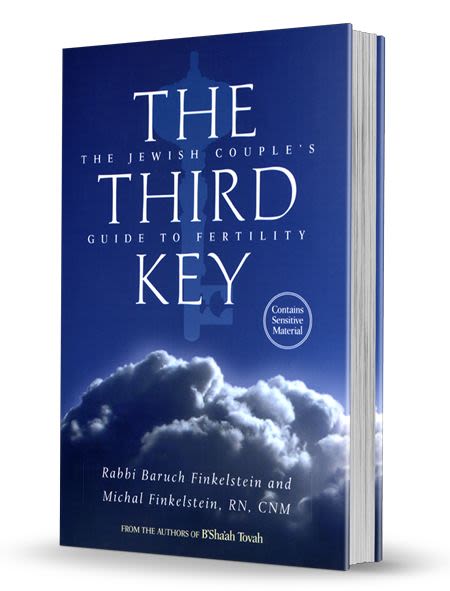
Safe Lifting
Although it's enticing to learn secrets of Torah, one must build himself up for it. It’s like weightlifting - you don’t start by lifting more weight than you can handle…

We all want success. Some people aren’t sure what that means. They have goals, such as raising successful children, making money and acquiring knowledge or status. For me, success is having a purpose. In Judaism that purpose is staying connected to God.
Whatever it is, the road to success is paved with obstacles. In a conversation that I was fortunate to have with Rabbi Brody, we talked about life and man’s purpose. “Getting close to Hashem,” is what the Rabbi said. Through our everyday lives, we are constantly putting God into the picture.
It seems to some too much of a petty thing to do. Talking to Hashem for an hour is passed up for knowing the secrets of the Torah. Somewhere along the line of becoming observant we become completely blind to the main goal, living with Hashem through the ups and downs of life and developing a healthy relationship to ourselves, others and Hashem.
Although it is very exhilarating to learn secrets to the Torah, a person needs to build himself up for it. It’s like weightlifting, you don’t just start curling heavy weights, you start off slow until the body can handle the resistance. One who lifts too heavy a weight endangers himself. The same goes with learning the Holy Torah. If a person new to Judaism starts learning books that really are meant for experienced Torah  scholars, the results can be detrimental and leave the person feeling utterly lost and unhappy – spiritually injured.
scholars, the results can be detrimental and leave the person feeling utterly lost and unhappy – spiritually injured.
In Tractate Chagiga page 14a, there is an encounter of four of the biggest Talmudic sages who began to meditate on the deepest secrets of the Torah. These people were so holy that they could revive the dead. Upon the conclusion of their session, only Rabbi Akiva came out of the experience complete in mind body and soul. He was able to properly concentrate the entire time; when he reached his limit of understanding Hashem at the highest level, he did not try to push through his limit of comprehension. He went only as far as he knew he was allowed to go. As far as the others go, one died, another left religion, and the other became mentally unstable. Rabbi Akiva approached the session with the correct mindset of emuna which took him many years to acquire.
In the laws of Rosh Chodesh which are codified in the Shulchan Aruch, the Gaon of Vilna elaborates that there are seven heavens which act as seven barriers between man and God. Rabbi Dessler in Michtav MeEliyahu III pp. 110-113 elaborates on each of these which can help us align ourselves for proper spiritual growth.
1. A person must want to grow spiritually.
2. Materialism and the desire for possessions must be peeled away. The understanding must be that worldly possessions are for the use of living a holy life serving God.
3. A person must work hard at his spiritual goals even amidst suffering and inconvenience. The more effort you put in the more enjoyment you will receive.
4. A person must serve God for His Name’s sake. Meaning a person is a conduit for God to bestow goodness and blessing in the world.
5. Similarly, a person’s sole intent must be complete dedication to fulfilling God’s directives like in the Holy Temple.
6. A person must be consistent in all of the above-mentioned points. By doing so a person will be able to clearly decipher God’s will and be able to perform His Will.
7. An absolute connection must be established with God.
Aspiring for greatness in Torah is the highest desire of them all. Everyone in any field requires some form of training whether it be athletics, business or even homemaking. The same goes for spirituality and Torah scholarship. Eat your meat and potatoes (Talmud, Halacha, Emuna) and then have desert (the secrets). By going at it on your own you risk learning the wrong material first and putting yourself into a trap. Take it slow and steady, and soon you’ll be ready.
Homework:
Assess your learning, are you overly focused on deeper concepts that you may not be truthfully ready to absorb?
Focus more time on learning the laws of proper speech and sabbath observance and balance it with Chumash, and Emuna.
Source material:
Artscroll Tractate Chagiga pages 12B-14B












Tell us what you think!
Thank you for your comment!
It will be published after approval by the Editor.